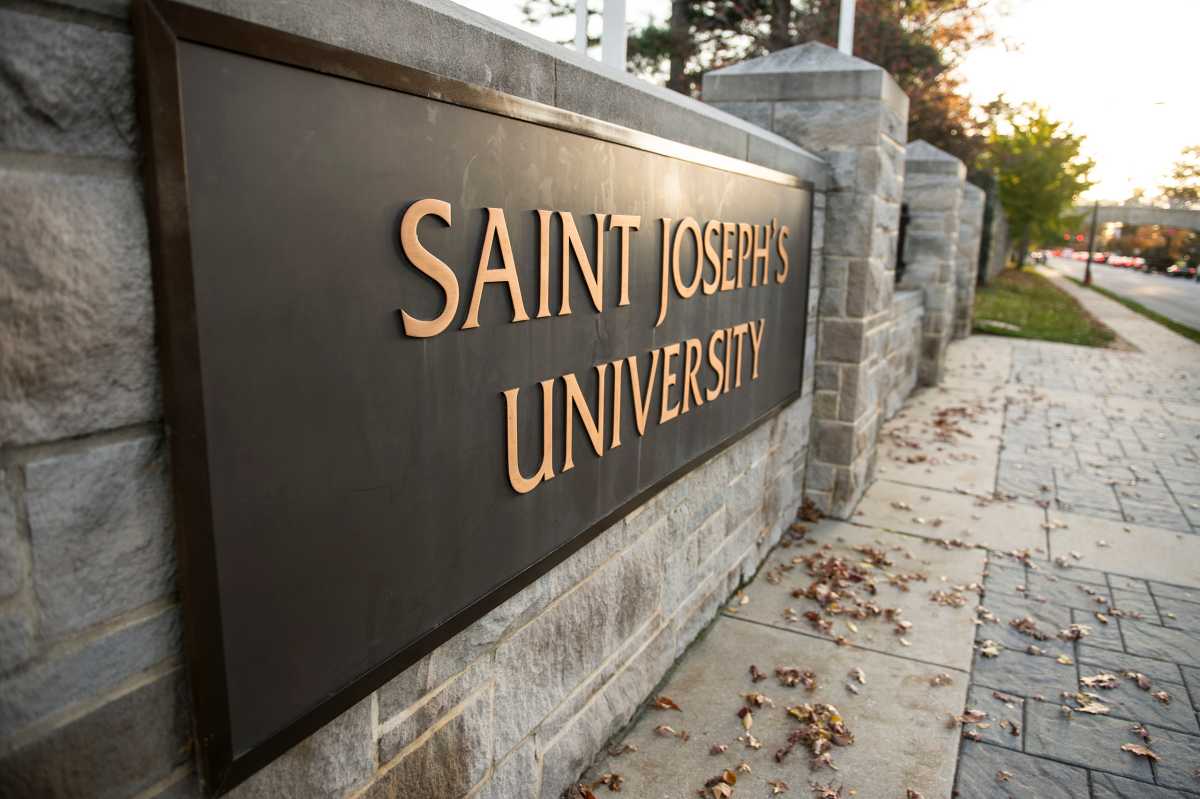Saint Joseph’s University is planning to shift operations away from the former campus of the University of the Sciences less than four months after the institutions merged.
What remains at USciences will be consolidated into the southwest side of the University City campus, and St. Joe’s will consider a variety of options to unload unused buildings, interim president Cheryl McConnell said in a letter Friday to alumni and other stakeholders.
“Many combinations of transactions are possible, including sale of select buildings, sale of multiple buildings, and sale of land with long-term lease backs,” she wrote in the message, first reported by the Philadelphia Business Journal.
Next year’s freshman class — no matter their area of study — will live and take classes at Hawk Hill, St. Joe’s campus on City Avenue. Eventually, all undergraduate activity will move from University City, McConnell said.
The former USciences campus will continue to serve graduate students in health- and science-related fields, according to the letter.
When the schools merged in June, St. Joe’s officials indicated the USciences campus would be preserved, with the announcement boasting that the new university would have “two campuses” comprising a total of 161 acres.
Sydney Swope, a 21-year-old senior who is studying health sciences, takes her classes at the University City campus but understands why the school is moving undergraduates to Hawk Hill.
“They’re trying to keep all the freshmen together,” she told Metro. “Because I know a lot of the freshmen on our campus feel a little left out on everything that’s happening.”
McConnell wrote that the decision came after university leaders realized “that our undergraduate students thrive when living and learning together in community.”
Some students are taking courses at both campuses this semester and have been frustrated and confused by a university shuttle system, Swope said.
The shuttles were one topic of discussion during a listening session about the transition held earlier this month at the University City campus, according to The Hawk, a student-run newspaper.
Swope is president of the USciences Student Government Association, which has yet to merge with a similar organization from St. Joe’s.
“It is a huge adjustment, because a lot of us did not choose to go to St. Joe’s,” she said.
The merger, which has been years in the making, has not always been smooth.
In the spring, USciences students raised concerns after some received a message indicating they would no longer be able to receive birth control from the campus health center.
St. Joe’s health center “does not provide materials on preventing conception or that encourage termination of pregnancy,” according to the university’s website. Using birth control, including condoms, is against Catholic teaching, as is sex before marriage.
Swope said condoms are no longer on display at the University City health center; however, students can speak to on-campus providers about obtaining contraception and birth control.
Students with questions about reproductive health issues “will be answered or treated in a nonjudgemental, caring manner,” St. Joe’s spokesperson Gabrielle Lacherza told Metro. University providers can issue prescriptions directly or refer patients to other physicians in the area, she added.




























